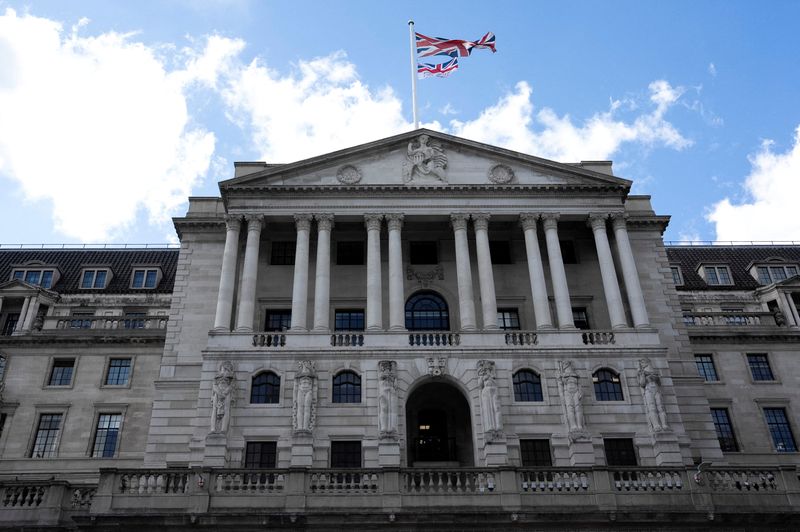Bank of England holds key interest rate at 4% in a tight vote
NeutralFinancial Markets

Bank of England holds key interest rate at 4% in a tight vote
The Bank of England has decided to maintain its key interest rate at 4% following a closely contested vote among its policymakers. This decision reflects the ongoing challenges in managing inflation while supporting economic growth. Keeping the rate steady is significant as it indicates the central bank's cautious approach amidst fluctuating economic conditions, which could impact borrowing costs and consumer spending.
— via World Pulse Now AI Editorial System







